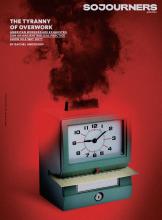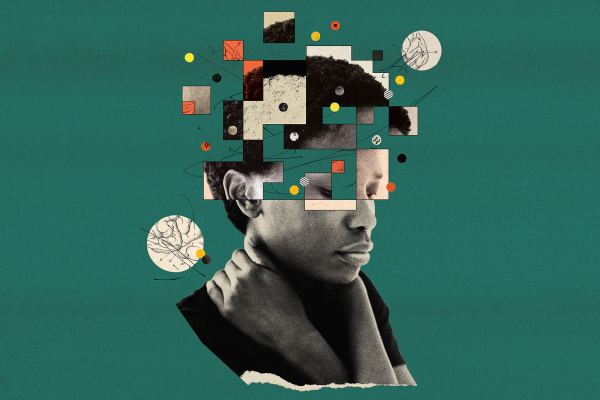EVEN IN MY earliest memories, I was consumed by terrifying worries and did everything in my power to alleviate my deepest fears. When I was 8, I can remember being plagued by guilt following the death of my aunt to cancer, worrying that it was somehow my fault. Intrusive thoughts and images flooded my mind at night, and I called my parents into my room to confess, seeking reassurance that I was not a dangerous monster. As I grew older, my fears began to consume every single area of my life that was important to me. By college, I was afraid to sleep out of fear that I had left the stove on or the door unlocked. And by graduate school, I moved through my day wondering if I had called people derogatory names or written horrific things in birthday cards before blocking the memories out. I repeatedly checked the stove, took pictures of locks, and called friends to make sure I hadn’t somehow caused harm. At the time, I was unaware that these acts, known as “compulsions,” only made my condition worse.
In my early 20s, I learned that I was experiencing the symptoms of a diagnosable mental illness known as obsessive-compulsive disorder (OCD). OCD is often represented in television and movies as something laughable—think Tony Shalhoub’s Monk. In reality, OCD is far more serious: a debilitating disorder defined by unwanted obsessions that terrify the sufferer and compulsions repeated over and over to alleviate overwhelming fear, guilt, or anxiety. Some obsessions might relate to more commonly known themes of contamination or organization, while others might include culturally taboo themes involving violence or sex. But they are all equally painful to those caught in OCD’s grasp.
We all have thoughts—happy, sad, violent, intrusive, and strange. But those with OCD tend to place more value on these thoughts, concerned that they may be true. When time spent experiencing these obsessions and engaging in compulsions impedes functionality, that’s when it becomes a disorder. But even in my struggles, I feared documentation of an official diagnosis would negatively impact my pursuit of ordination. I had always heard that we should turn our worries to God, so I wondered what those approving my psychological evaluations for ministry would think if they viewed me as in need of mental health treatment that could not be solved through prayer.
Read the Full Article

